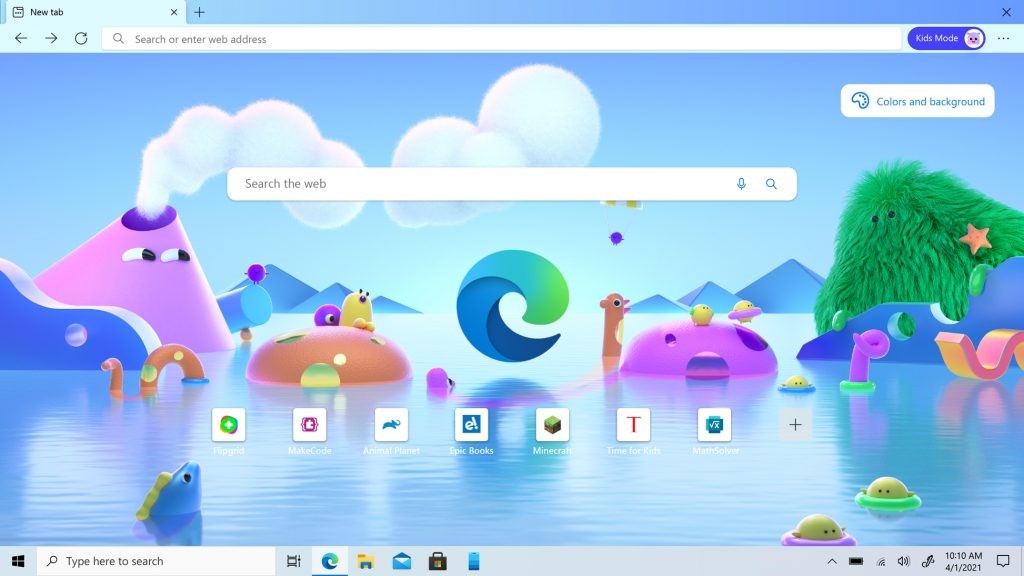Microsoft Edge and Mozilla Firefox are making life easier with these changes
The Microsoft Edge and Mozilla Firefox changes are small but significant for some.

Microsoft Edge and Mozilla Firefox are worth keeping an eye on right now. Significant changes to the best web browsers have been a little thin on the ground lately with the likes of Microsoft Edge, Google Chrome, and Mozilla Firefox all focusing on more incremental tweaks than anything hefty of late. However, a new update for Microsoft Edge that's currently in testing may well change that, and Mozilla Firefox is keen to liberate your browsing options too.
First spotted by Techdows, it looks like it's going to be a lot easier to save web pages as PDFs with Microsoft Edge in future. Originally spotted in a testing build of Edge Canary, the browser's context menu now offers the ability to save directly as a PDF rather than needing to dip into the Print menu to find the Save PDF option.
Microsoft Edge and Mozilla Firefox changes keep coming
Knowing to look in the Print menu for the option to save as a PDF is far from intuitive and is likely to be something that many less tech-savvy users didn't even know was an option. However, simply being able to right-click anywhere on a webpage and click Save As PDF is sure to be a game-changer for many users.
Don't expect to see it on your build of Microsoft Edge just yet though. It's only currently in limited testing in Edge Canary. That testing browser is currently based on version 95 of Chromium while the latest public version of Edge is only on version 93 so there's a bit of a way to go.
Alternatively, if your home computer or laptop uses Mozilla Firefox instead, you'll now have less of a fight on your hands with making it the default browser in Windows 10.
Firefox has bypassed Microsoft's anti-hijacking measures so it's now possible to set it as your default browser from directly within the app instead of needing to dive into the Windows 10 Settings app.
In a statement to The Verge, a Mozilla spokesperson explained "people should have the ability to simply and easily set defaults, but they don’t," continuing that "all operating systems should offer official developer support for default status so people can easily set their apps as default. Since that hasn’t happened on Windows 10 and 11, Firefox relies on other aspects of the Windows environment to give people an experience similar to what Windows provides to Edge when users choose Firefox to be their default browser."
Sign up to receive the latest news, reviews, buying guides and deals direct to your inbox
At this time, it's uncertain how Microsoft will respond to the change by Mozilla and whether other browsers will also implement similar changes.

Jennifer has been freelancing for over 10 years. In the past, she's written about all things tech and gaming wise for outlets as varied as The Independent, Playboy, Eurogamer, and TechRadar. In her spare time, she spends far too much time watching films, attempting to train her pet guinea pigs, and mastering making the perfect burrito. She's a full time freelancer, but a regular tech news contributor to Top Ten Reviews.
